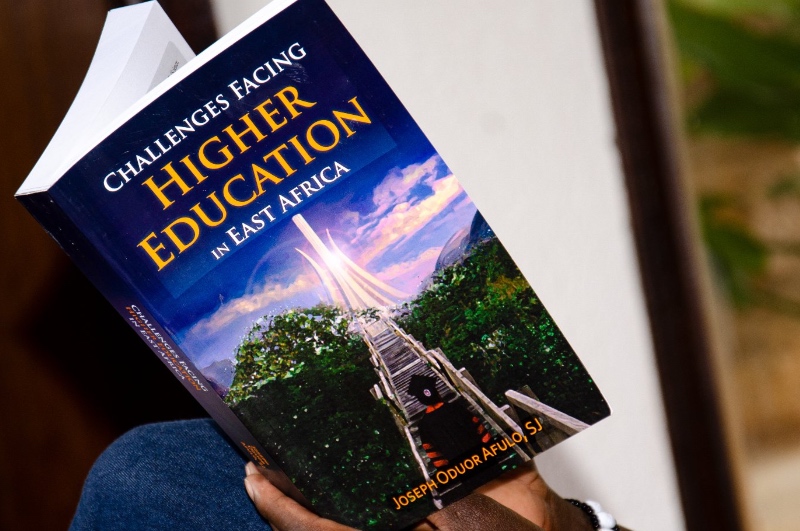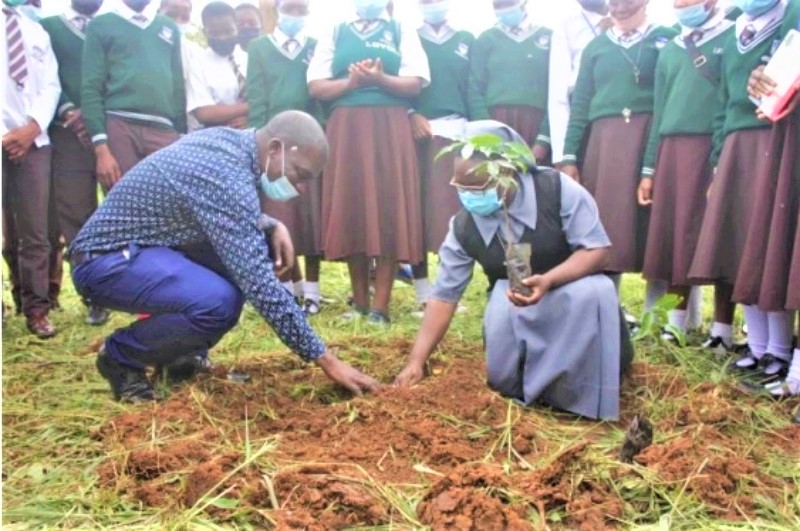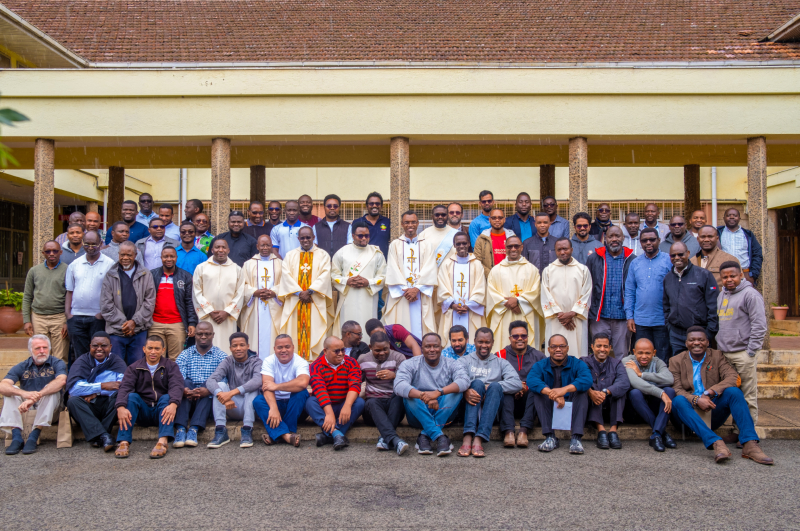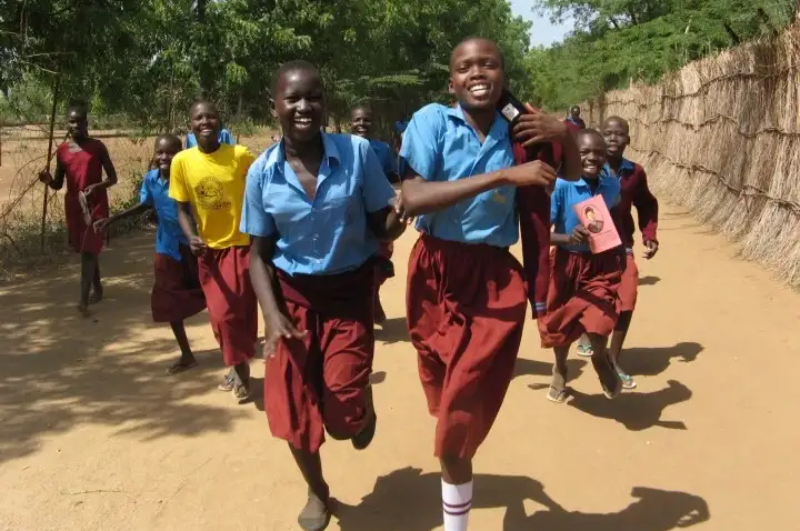

From 17th to 19th May 2023, the Bakhita Partnership for Education (BPE) will convene an Indaba in Lusaka, Zambia dubbed “Keep-the-Girls in School” to consider the state of girls’ education in Africa in the wake of the unprecedented school closures caused by COVID-19.
Conference participants will discuss actions to put Africa on track for promoting the development of gender-responsive education systems and targeted actions to ensure girls’ continuity of learning, retention in school and to transform education for the challenges and opportunities of our time. The Conference has been developed for policymakers and practitioners in education, including those directly involved in the design and implementation of gender-responsive education systems.
What is the Bakhita Partnership for Education (BPE)
The Jesuit Justice and Ecology Network-Africa (JENA) launched the Bakhita Partnership for Education in October 2020 as a platform for collaboration among some Catholic Church actors in the field of education to protect girls’ right to quality education during COVID-19 and beyond.
In response to Pope Francis’ call on the Church to mobilise leadership for the construction of a healthier and more just post-COVID-19 world, the Bakhita Partnership for Education (BPE) is working with its partners and various actors for the needed transformation of institutions, minds and hearts to build that world that cares about the wellbeing of girls. The BPE understands the guidance of Pope Francis that the COVID-19 pandemic is the defining crisis of this generation, from which we can either emerge for the better or the worse. COVID-19 has laid bare the inequities and injustices that threaten people’s well-being, safety, and lives, and exacerbated an interconnected set of crises – health, economic, ecological, political, social – that disproportionately impact the poor and most vulnerable. For this reason, the BPE is responding to the crisis of girls as one related to and one that forms part of a set of multiple interrelated crises that need to be dealt with if we are to truly usher in a healthier and more just world.
Currently, the BPE has pilot programs in Kenya, Uganda and Zambia and so the partnership is among the Jesuit Justice and Ecology Network Africa (JENA), the Association of Religious of Uganda (ARU), the Association of Sisterhoods of Kenya (AOSK), and the Zambia Association of Sisterhoods (ZAS). The BPE Flagship supports three pillars of action:
a) Policy advocacy based on the generation and use of data, research and evidence to inform public policies for gender-responsive education systems and education transformation.
b) Action, advocacy and communication efforts to ensure return to school for drop-out-of-school girls, to promote continuity of learning and partnerships for the advancement of girls’ education.
c) Country, community and school-level action to promote safe schools and holistic education and formation that empowers in order to prevent widening gender inequalities in education.
Through the BPE, the Jesuits, the Catholic sisters and their collaborators who have a very large network of schools across countries in Africa leverage their long experience in education to advocate for better pathways for holistic education and formation and suggest policy responses to the crisis of education in Africa.
Why BPE?
The COVID-19 pandemic caused the largest disruption of education in history. At the height of the COVID-19 pandemic, governments around the world temporarily closed schools and other learning spaces to contain the spread of the virus. Educational disruption has had serious consequences. Beyond its impacts on learning, the unprecedented disruption caused by the COVID-19 pandemic posed an immediate and long-term threat to gender equality and already had pernicious gender-specific effects in areas such as girls’ education, health, well-being and protection. This unprecedented disruption to education has already begun to roll back substantial gains made on girls’ education in recent decades, with broader, immediate and longer-term effects on the achievement of the Sustainable Development Goals, including those related to poverty reduction, health and well-being, inclusive quality education and gender equality. The most marginalised, including girls with disabilities, those in conflict-affected contexts, remote and rural communities and those in the poorest quintile, were the most affected by COVID-related school closures, facing additional constraints on their ability to fulfil their right to education, health and protection, among other rights.
COVID-19 was an emergency. Like elsewhere in the world, African governments were caught by surprise by COVID-19. In the governments’ general and education responses to COVID-19, it appears that speed, rather than equity in access and outcomes, was the priority in bringing relief and other solutions to scale. Initial COVID-19 responses appear to have been developed with little gender analysis and attention to inclusive approaches. Girls were disproportionately more affected by the COVID-19 crisis than their male counterparts especially those from low-income households, remote communities and those from densely populated informal urban settlements. Due to the COVID-induced closure of schools, a high number of girls were unable to continue learning leading to learning loss.
The Bakhita Inspiration
The BPE takes for its inspiration St. Josephine Bakhita, an African saint, whose initial suffering represents what many girls in Africa are going through today. Her story of liberation gives hope to many girls in Africa who aspire for freedom, both external and interior. Saint Josephine, affectionately known as Bakhita (“fortunate one”), was born in the southern Sudan region of Darfur. She was kidnapped as a child and sold into slavery, eventually working in Italy as a nanny for a wealthy family. It was during this time that she was introduced to formal religion and came to know the Daughters of Charity of Canossa, or the Canossian Sisters. Her freedom was restored and out of her own free choice, she entered the Canossian Sisters convent in Schio, Italy.
For more information check out the Bakhita Partnership for Education (BPE) {WEBSITE}
Related Articles
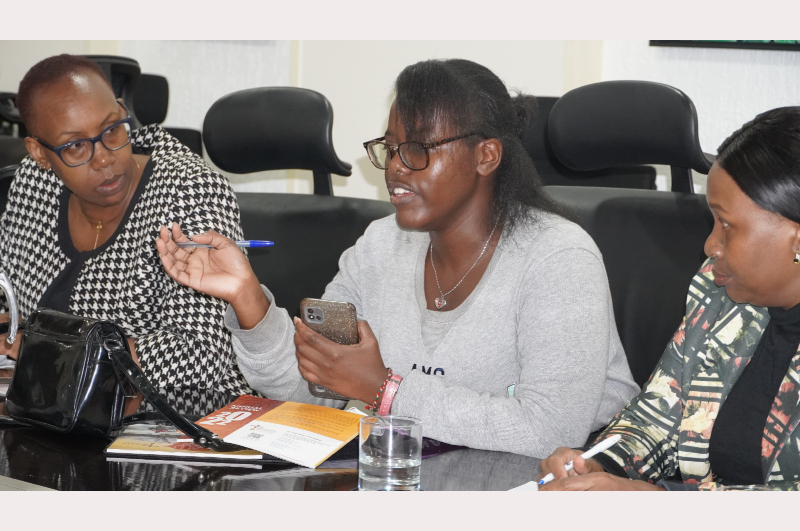
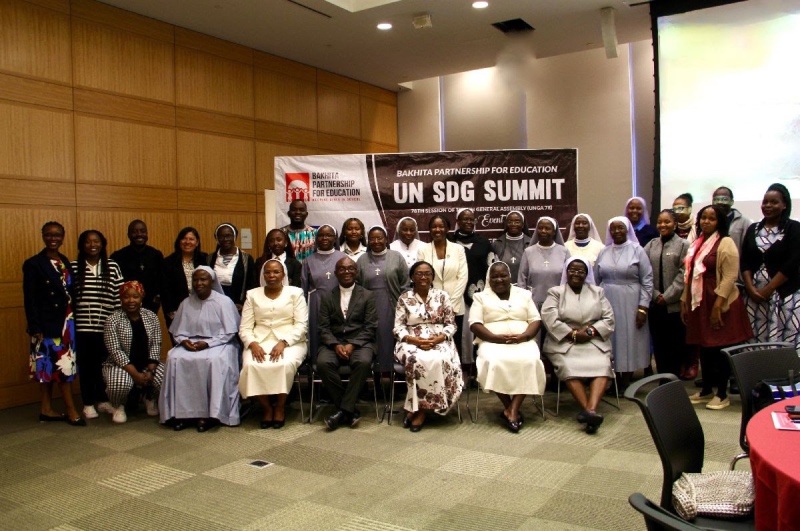
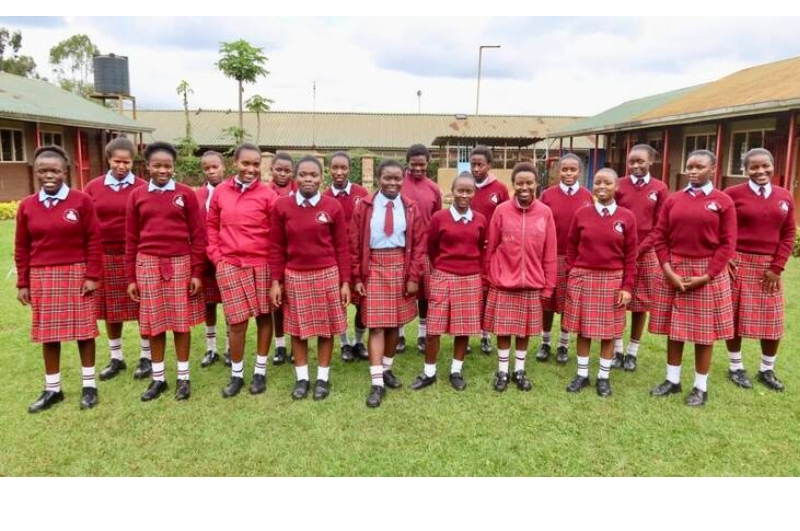
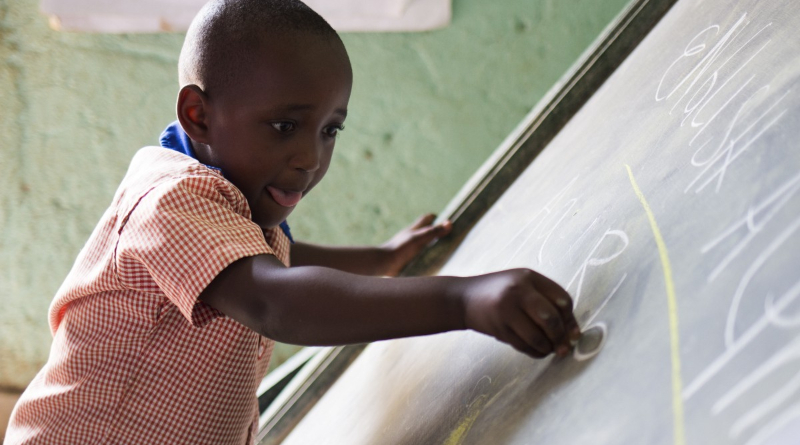
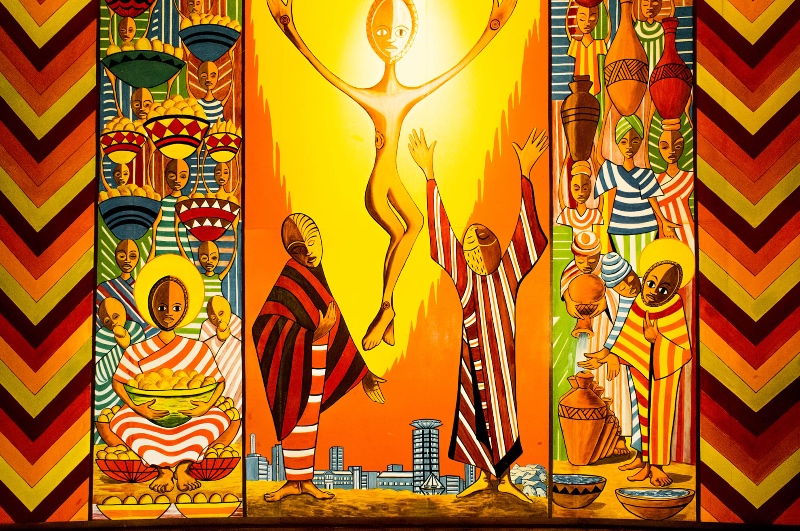
Select Payment Method
Pay by bank transfer
If you wish to make a donation by direct bank transfer please contact Fr Paul Hamill SJ treasurer@jesuits.africa. Fr Paul will get in touch with you about the best method of transfer for you and share account details with you. Donations can be one-off gifts or of any frequency; for example, you might wish to become a regular monthly donor of small amounts; that sort of reliable income can allow for very welcome forward planning in the development of the Society’s works in Africa and Madagascar.
Often it is easier to send a donation to an office within your own country and Fr Paul can advise on how that might be done. In some countries this kind of giving can also be recognised for tax relief and the necessary receipts will be issued.


